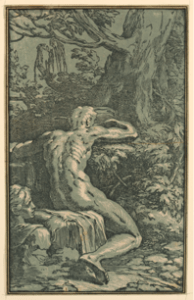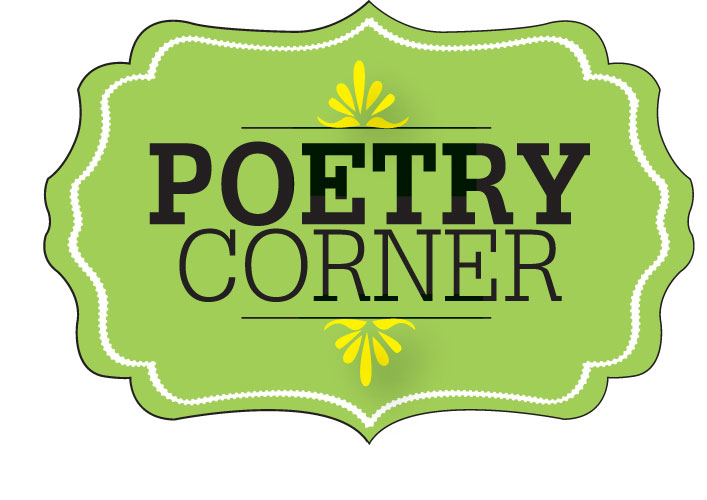By Norah Christianson


I don’t know what to say about this poem. There is nothing to say. It is perfect. Allen Ginsberg has said, “This is maybe the greatest poem in the English language. …the archetype poem of the entire…history of English poesy!” It almost seems a desecration to even write about it. And anyway, the language and meaning are so simple, so on-the-surface, it is unnecessary to “analyze” it. But you know me—too garrulous for words.
Poetry is about feeling. Mood. The mood of this poem is something we can all, if we’ve lived on this earth for a few years, identify with: a sense of desolation, a sense of being in a sterile place in our lives, a bleakness, a sense that our soul is in a dead zone, in that dark place of universal loneliness. You don’t need to be crazy or clinically depressed to experience these feelings. They come to us at times because we are human, and because life is what it is.
It doesn’t matter why the poet wants it to rain—he might be a soldier waiting for the weather to change, or a farmer whose crops are dying, a sailor stranded in the ocean begging for the wind to raise his sails, he could be in the desert, or in jail, or in the hospital. The speaker might be you at a mind-numbing job, a horribly stressful job, a mean job. Or you might just be in your head, being lonely and deeply uninspired. But it doesn’t matter (though scholars do go on and on writing about who the speaker might be or why he needs the rain). He just needs the rain to come. He needs it for his soul.
(I am reminded here of the line, “O thou lord of life, send my roots rain,” from Gerard Manley Hopkins’ poem, Thou art indeed just, Lord, if I contend. The rain—from God— is a purifying element to Hopkins, a saving grace that can revive the withered green of his spirit.)
In the last two lines, the poet cries out for love and home—our fundamental emotional need. (In college, I was taught that the poet was imploring Cryst or Christ to bring him home. Thus, this was a prayer. But I’ve always seen “Christ” more as an interjection, much as we would say, “Ah God!” Either way, the name deepens the sense of the poets’ desperation.)
All this in four lines! I love this poem. A perfect poem.
*Just so you know— Westron Wynde was written to be chanted or sung, and first appeared in a partbook around 1530. (A partbook is a format for printing or copying music in which each book contains the part for a single voice or instrument.) However, historians believe that the lyrics were written a few hundred years before that. (Poets have been around a long time!) At this time in the evolution of the English language, spelling and punctuation were idiosyncratic, if punctuation were there at all.
P.S. And consider, too—this poet could have been a woman.

